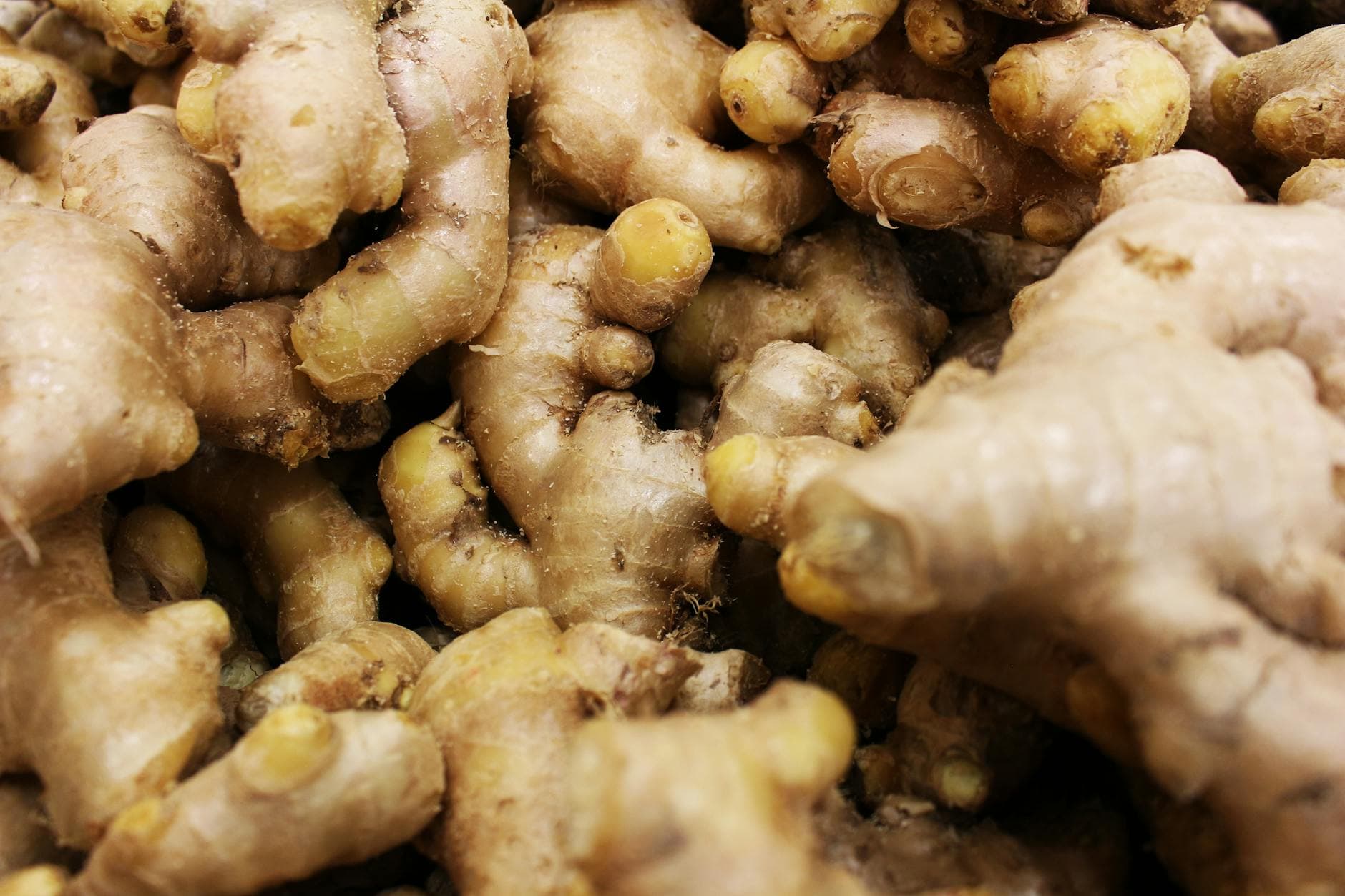Polycystic Ovary Syndrome (PCOS) is a complex endocrine disorder affecting millions of women worldwide, often presenting with a myriad of challenging symptoms from irregular periods and acne to fertility struggles and metabolic issues. While conventional medicine offers various treatment options, many women seek a more holistic, natural path to manage their PCOS, focusing on restoring balance within the body.
At Healbal, we understand the desire for gentle, supportive approaches. This guide delves into common pitfalls women might encounter on their natural PCOS journey and offers evidence-based strategies to navigate them effectively. By understanding and avoiding these 9 mistakes, you can empower yourself to achieve greater hormonal balance, symptom relief, and overall well-being.
Causes
Understanding PCOS: Root Causes and Risk Factors
PCOS is multifactorial, meaning several elements contribute to its development. While the exact cause remains elusive, key underlying mechanisms are widely recognized:
- Insulin Resistance: This is a primary driver for many women with PCOS. The body's cells don't respond effectively to insulin, leading the pancreas to produce more insulin. High insulin levels can then stimulate the ovaries to produce excessive androgens (male hormones), contributing to symptoms like hirsutism, acne, and irregular periods.
- Chronic Low-Grade Inflammation: Research suggests that women with PCOS often exhibit chronic low-grade inflammation, which can exacerbate insulin resistance and disrupt hormone production.
- Genetic Predisposition: PCOS tends to run in families, indicating a genetic component. If your mother or sister has PCOS, your risk may be higher.
- Excess Androgen Production: Elevated levels of androgens, such as testosterone, are characteristic of PCOS. These hormones can interfere with the ovarian follicles' ability to mature and release eggs, leading to anovulation and cyst formation.
- Environmental Factors: Lifestyle choices, diet, and exposure to certain environmental toxins may play a role in triggering or worsening PCOS symptoms in genetically susceptible individuals.
Symptoms
Recognizing the Signs: Common PCOS Symptoms
PCOS symptoms can vary widely among individuals, making diagnosis challenging. It's crucial to consult a healthcare professional for an accurate diagnosis, especially if you experience persistent or severe symptoms. Common indicators include:
- Irregular Menstrual Cycles: This is one of the most common signs, ranging from infrequent periods (oligomenorrhea) to absent periods (amenorrhea). Cycles may be longer than 35 days or fewer than 8 periods per year.
- Excess Androgen Symptoms: These include hirsutism (excessive hair growth on the face, chest, back), severe acne, and androgenic alopecia (male-pattern baldness or thinning hair).
- Polycystic Ovaries: Ultrasound may reveal ovaries that are larger than normal and contain numerous small follicles (often referred to as cysts, though they are undeveloped follicles, not true cysts).
- Weight Gain and Difficulty Losing Weight: Many women with PCOS struggle with weight gain, particularly around the abdomen, and find it challenging to shed excess pounds due to insulin resistance.
- Fatigue and Low Energy: Chronic fatigue is a common complaint, often linked to hormonal imbalances and insulin dysregulation.
- Mood Changes: Increased risk of anxiety, depression, and mood swings.
- Fertility Issues: Irregular or absent ovulation makes conception difficult for many women with PCOS.
When to See a Doctor (Red Flags)
While natural approaches are valuable, it's vital to seek professional medical advice if you experience:
- Sudden or severe changes in menstrual cycles.
- Unexplained rapid weight gain.
- Persistent severe pain in the pelvic area.
- Symptoms of severe depression or anxiety.
- Any new or worsening symptoms that significantly impact your quality of life.
- If you are trying to conceive and have been unsuccessful.
- To confirm a diagnosis and rule out other conditions.
Natural Remedies
Lifestyle and Dietary Strategies for PCOS Management
Many common mistakes in PCOS management stem from neglecting foundational lifestyle and dietary changes. Here's how to build a strong foundation:
- Prioritize a Whole Foods, Anti-Inflammatory Diet:
Mistake to avoid: Relying on processed foods, high sugar intake, or restrictive fad diets.
Correction: Focus on nutrient-dense, whole foods. An anti-inflammatory diet rich in fruits, vegetables, lean proteins, and healthy fats (avocado, olive oil, nuts, seeds) can significantly improve insulin sensitivity and reduce inflammation. Emphasize low glycemic index (GI) carbohydrates to stabilize blood sugar. Increase fiber intake from sources like legumes, whole grains, and non-starchy vegetables to support gut health and hormone elimination. - Regular, Moderate Exercise:
Mistake to avoid: Over-exercising or being completely sedentary.
Correction: Aim for a consistent routine of moderate exercise. A combination of cardiovascular activity and strength training (3-5 times a week) can improve insulin sensitivity, aid in weight management, and reduce stress. Avoid excessive high-intensity training, which can sometimes elevate cortisol and worsen hormonal balance for some individuals. - Effective Stress Management:
Mistake to avoid: Ignoring chronic stress or letting it overwhelm you.
Correction: Chronic stress elevates cortisol, which can worsen insulin resistance and androgen production. Incorporate daily stress-reduction techniques such as mindfulness meditation, deep breathing exercises, yoga, spending time in nature, or engaging in hobbies you enjoy. - Optimize Sleep Quality:
Mistake to avoid: Consistently getting insufficient or poor-quality sleep.
Correction: Aim for 7-9 hours of quality sleep per night. Poor sleep can disrupt hormones, increase insulin resistance, and heighten cravings. Establish a regular sleep schedule, create a relaxing bedtime routine, and ensure your sleep environment is dark, quiet, and cool. - Support Gut Health:
Mistake to avoid: Neglecting the gut-hormone connection.
Correction: A healthy gut microbiome plays a crucial role in hormone metabolism and inflammation. Incorporate probiotic-rich foods (fermented vegetables, kefir) and prebiotic fibers (onions, garlic, asparagus) into your diet. Addressing gut dysbiosis can significantly improve overall PCOS symptoms.
Herbal Treatments
Evidence-Based Herbal Options for PCOS Support
When incorporating herbal remedies, the biggest mistake is self-prescribing without proper research or professional guidance. Always consult with a qualified herbalist or healthcare provider before starting any new herbal treatment, especially if you are on medication or have underlying health conditions.
- Vitex Agnus-Castus (Chasteberry):
Potential Benefits: Often used to regulate menstrual cycles, reduce prolactin levels (which can be elevated in some PCOS cases), and support ovulation. It works by influencing the pituitary gland.
Usage: Typically taken as a tincture or capsule. Dosing varies, often 20-40 drops of tincture daily or 200-400mg of extract.
Cautions: Avoid during pregnancy, lactation, or if taking dopamine agonists/antagonists, or hormone-sensitive medications. May interact with oral contraceptives. - Spearmint Tea:
Potential Benefits: Studies suggest spearmint tea has anti-androgenic effects, potentially reducing hirsutism (excess hair growth) and acne in women with PCOS.
Usage: Drink 2-3 cups of organic spearmint tea daily.
Cautions: Generally considered safe, but excessive intake might cause digestive upset. - Cinnamon (Ceylon):
Potential Benefits: Known for its ability to improve insulin sensitivity and help regulate blood sugar levels, which is crucial for PCOS management.
Usage: Can be added to food, or taken as a supplement (e.g., 500mg-1g daily). Opt for Ceylon cinnamon over Cassia cinnamon for regular medicinal use due to coumarin content in Cassia.
Cautions: May interact with blood-thinning medications or diabetes medications. High doses of Cassia cinnamon can be toxic to the liver. - Licorice Root (Glycyrrhiza glabra):
Potential Benefits: May help reduce androgen levels, support adrenal function, and has anti-inflammatory properties.
Usage: Often used in tea blends or tinctures. Short-term use is typically recommended.
Cautions: Can elevate blood pressure and lower potassium levels, especially with prolonged use or high doses. Avoid if you have high blood pressure, kidney disease, or are taking diuretics or corticosteroids. - Maca Root (Lepidium meyenii):
Potential Benefits: An adaptogen that can help balance hormones indirectly by supporting the endocrine system and reducing stress. It doesn't contain hormones itself but helps the body produce them in appropriate amounts.
Usage: Available as a powder (e.g., 1-3 teaspoons daily) or capsule.
Cautions: Generally well-tolerated. Some individuals may experience mild digestive upset or temporary changes in menstrual cycle. Consult if you have hormone-sensitive conditions. - Ashwagandha (Withania somnifera):
Potential Benefits: Another adaptogen that helps the body cope with stress, lowers cortisol levels, and may improve insulin sensitivity and thyroid function, all relevant to PCOS.
Usage: Typically taken as a capsule or powder (e.g., 300-600mg extract daily).
Cautions: Avoid if pregnant or breastfeeding. May interact with thyroid medications, immunosuppressants, or sedatives. Consult if you have autoimmune conditions.
Prevention
Proactive Steps for Long-Term PCOS Prevention and Management
While PCOS often has a genetic component, proactive lifestyle choices can significantly reduce the severity of symptoms and potentially prevent the onset in at-risk individuals. The greatest mistake is waiting until symptoms are severe before taking action.
- Early Intervention for At-Risk Individuals: If PCOS runs in your family, be proactive about a healthy lifestyle from a young age. This includes maintaining a healthy weight, eating a balanced diet, and regular physical activity.
- Maintain a Healthy Weight: Excess weight, particularly around the abdomen, exacerbates insulin resistance and hormonal imbalances. Adopting sustainable dietary and exercise habits is crucial for prevention and management.
- Balanced, Nutrient-Dense Diet: Focus on whole, unprocessed foods, ample fiber, and healthy fats. Limit refined sugars and processed carbohydrates to support stable blood sugar levels and reduce inflammation.
- Regular Health Check-ups: Regular visits to your healthcare provider can help monitor hormone levels, blood sugar, and overall health, allowing for early detection and intervention if symptoms begin to appear.
- Mind-Body Practices: Incorporating stress-reducing practices like meditation, yoga, or deep breathing into your daily routine can help regulate cortisol levels and support overall hormonal balance.









